US Palestine Solidarity: Reviving Original Patterns of Political Engagement
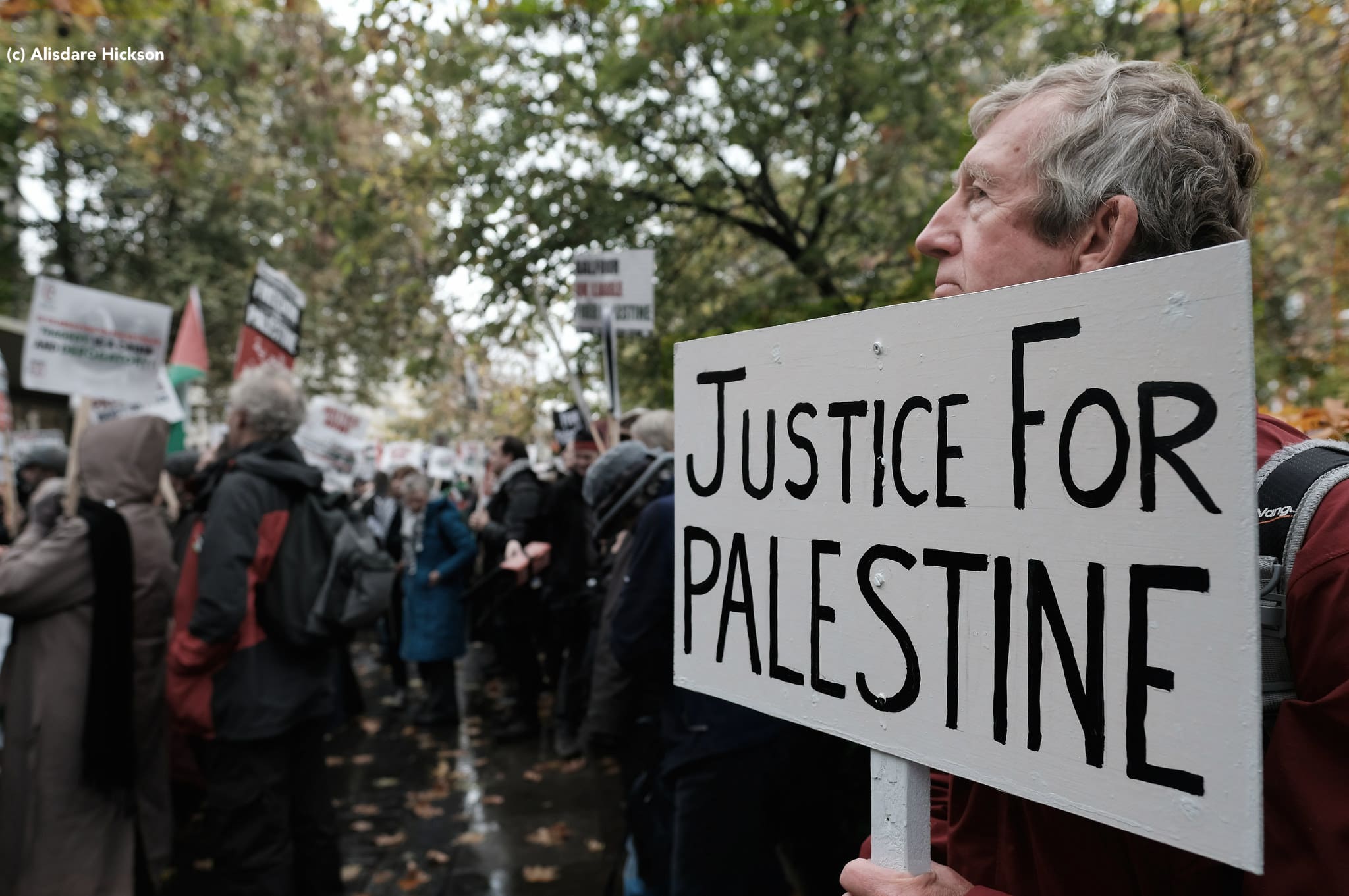
The US Palestine solidarity movement is returning to a joint struggle approach, a strategy that faded after the Oslo Accords when dominant solidarity activists focused on Palestine as a single issue. Al-Shabaka Policy Analyst Loubna Qutami traces this development, assesses its benefits and challenges, and recommends ways to strengthen organizing for Palestinians in the US.
Apartheid from Within? The Palestinian Citizens of Israel
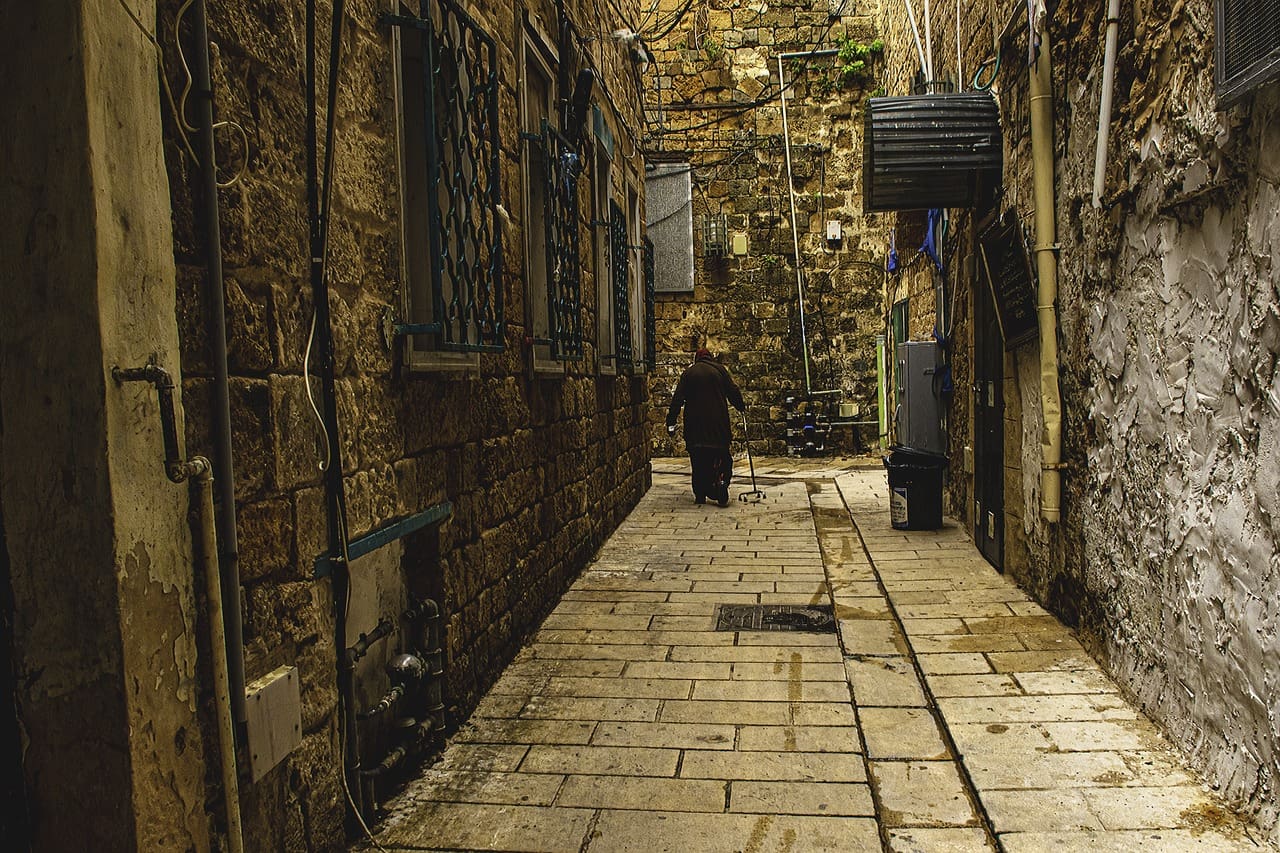
The term apartheid is often used to refer to the situation of the Palestinians under occupation. Al-Shabaka Policy Fellow 24588 examines the application of the term to the Palestinian citizens of Israel by focusing on citizenship, land, education, and politics. She also discusses whether such analysis can advance this community’s rights and counter fragmentation among Palestinians as a whole.
Surveillance of Palestinians and the Fight for Digital Rights
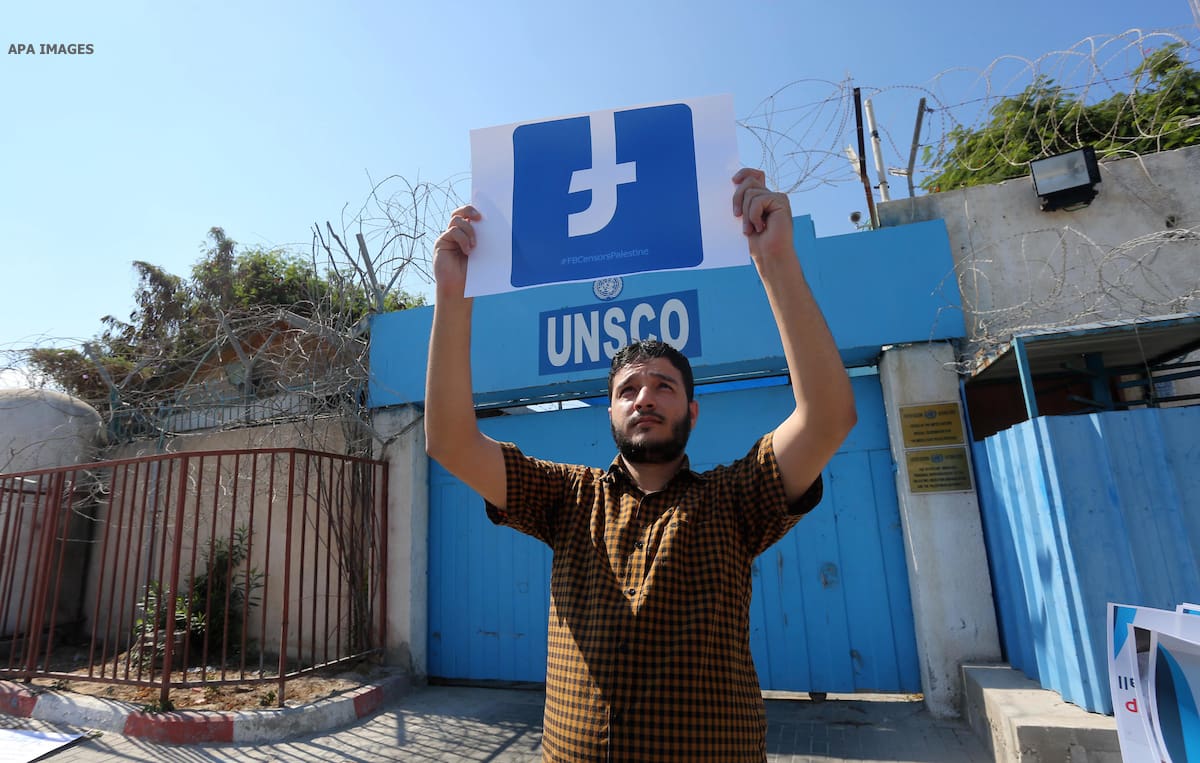
New technologies have enabled Israel to surveil Palestinians on an unprecedented scale. Al-Shabaka Policy Analysts 24474 and Nadim Nashif examine Israel’s use of social media as a tool of surveillance, as well as other digital obstacles to Palestinian rights, and conclude with ways Palestinians can counter these practices and safeguard their digital freedoms.
Keeping Palestinian Women in Israel on the Economic Margins

Palestinian women in Israel have one of the world’s lowest labor participation rates, while their Jewish counterparts have one of the highest. Al-Shabaka Policy Analyst 24567 argues this is not simply a result of “Palestinian culture” or “Islam,” but of Israeli state policies, and recommends ways Palestinians can promote Palestinian women’s rights in Israel.
Rethinking Our Definition of Apartheid: Not Just a Political Regime
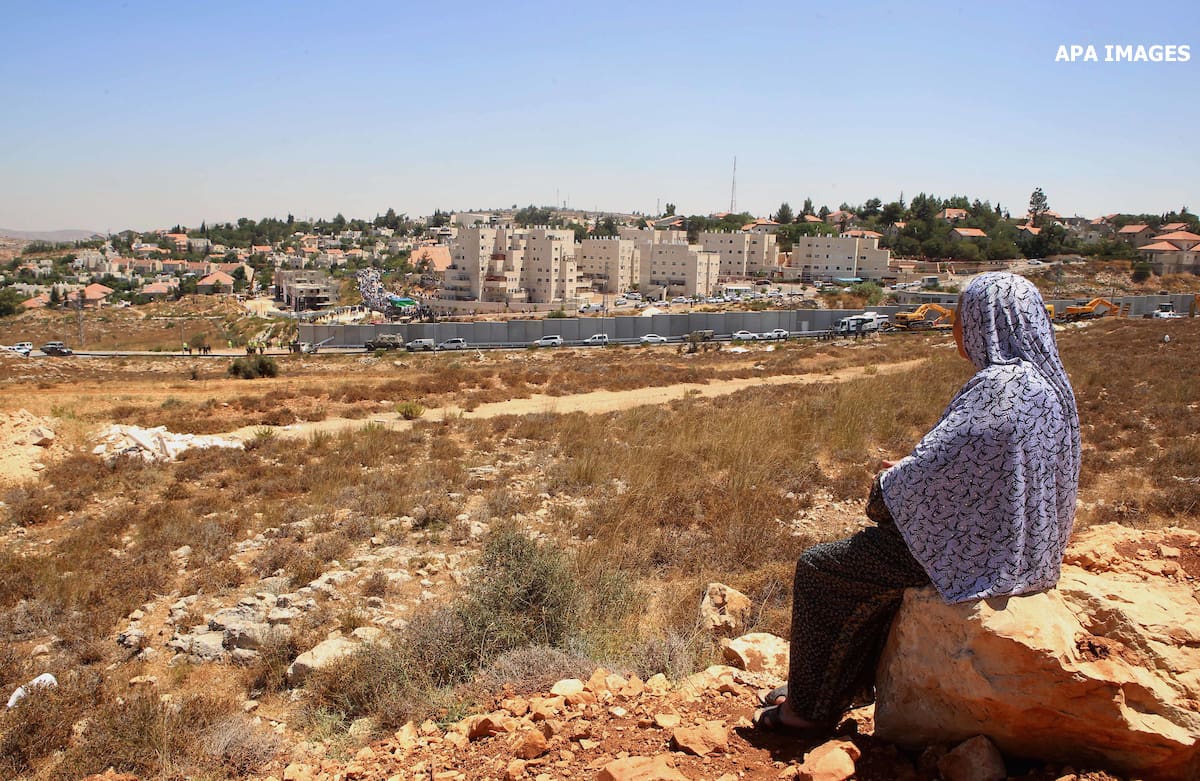
Though apartheid is an important framework for challenging Israeli rule, Al-Shabaka Analyst Haidar Eid and Guest Contributor 24373 argue that true justice can only come by recognizing apartheid as not only a system of racial discrimination, but also of racial capitalism. Drawing on the South African example, the authors recommend ways to move the analysis forward.
The “Apolitical” Approach to Palestine’s Water Crisis
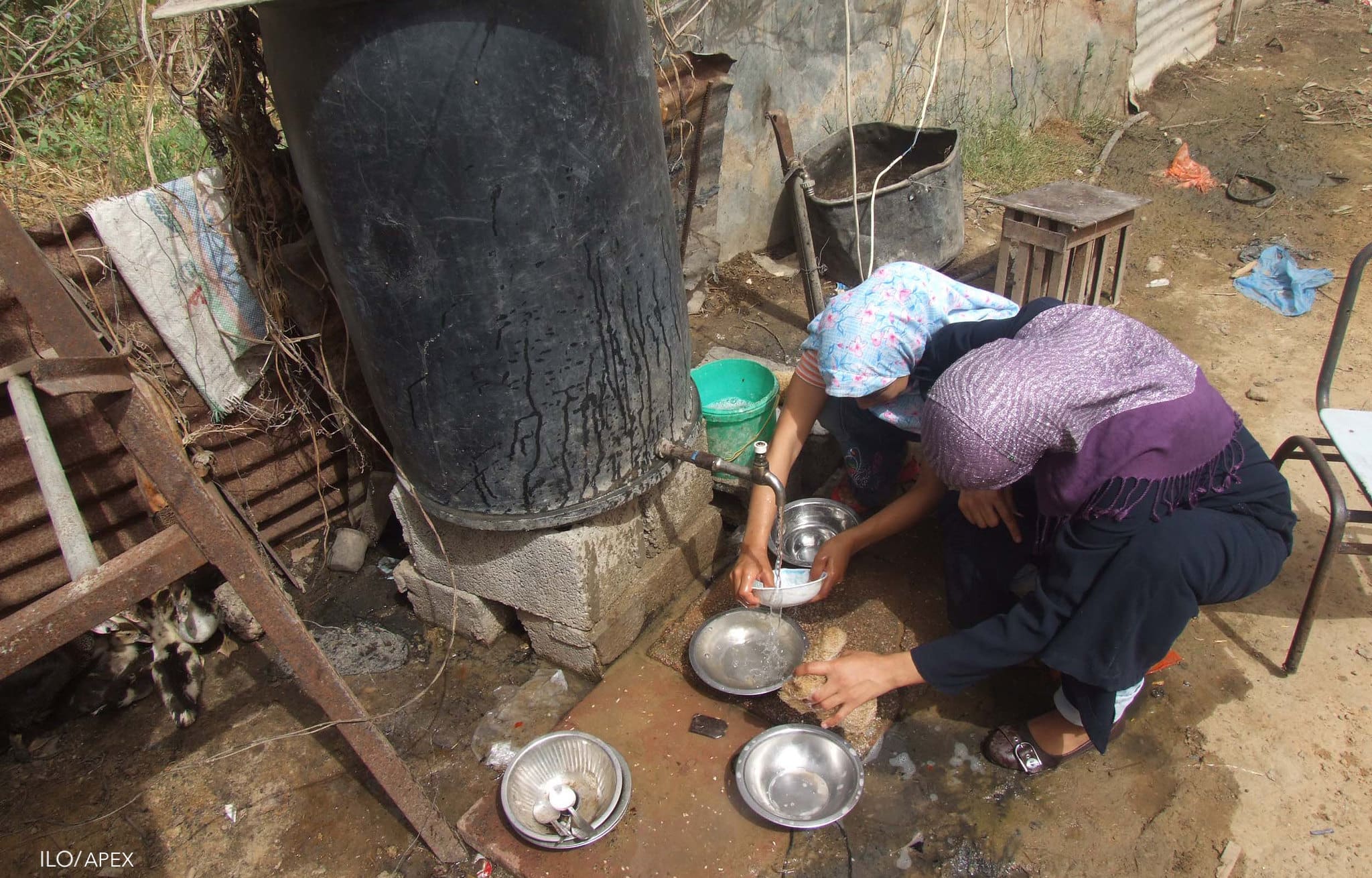
Though Palestine’s water scarcity is often portrayed as natural due to the region’s climate, it is a man-made crisis engineered by Israel. Al-Shabaka Policy Analyst Muna Dajani examines how international donors shore up this inequality through infrastructure projects and scientific collaboration with Israel, and suggests ways Palestinians can push for just solutions to the crisis.
The Palestinian Authority Security Forces: Whose Security?
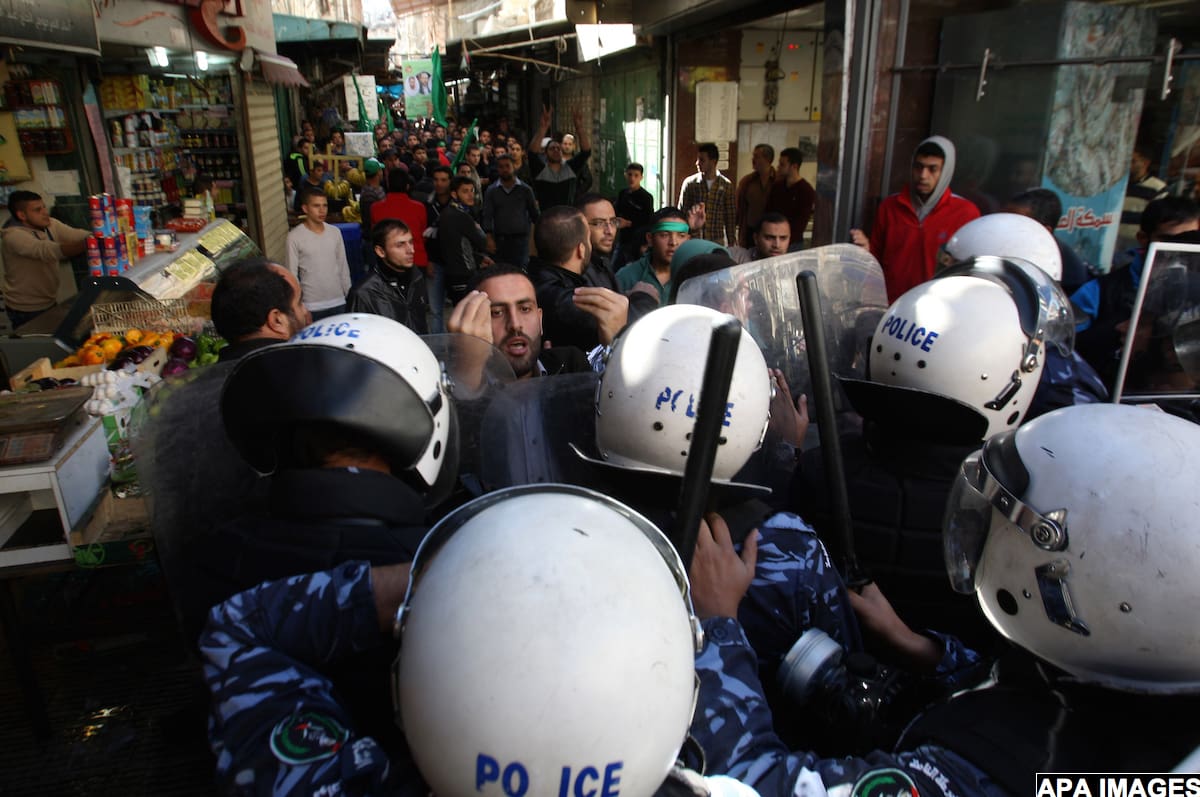
As Israel’s military occupation reaches its 50th year, Al-Shabaka Program Director Alaa Tartir argues that the Palestinian Authority (PA) security forces have not protected Palestinians, but have instead contributed to the criminalization of the Palestinian struggle for freedom. Tartir analyzes the evolution and “reform” of the PA security establishment and concludes with recommendations to overhaul the PA forces.
How Israel Uses Gas to Enforce Palestinian Dependency and Promote Normalization

The Israeli occupation does not only exist above ground. Al-Shabaka Policy Fellow Tareq Baconi examines how Israel enjoys a gas bonanza while barring the Gaza Strip from tapping its own fields. He argues that Palestinian dependency on Israeli energy amidst US calls for “economic peace” undermines Palestinian rights, and suggests ways to challenge this status quo.
Palestinians and the Syrian War: Between Neutrality and Dissent
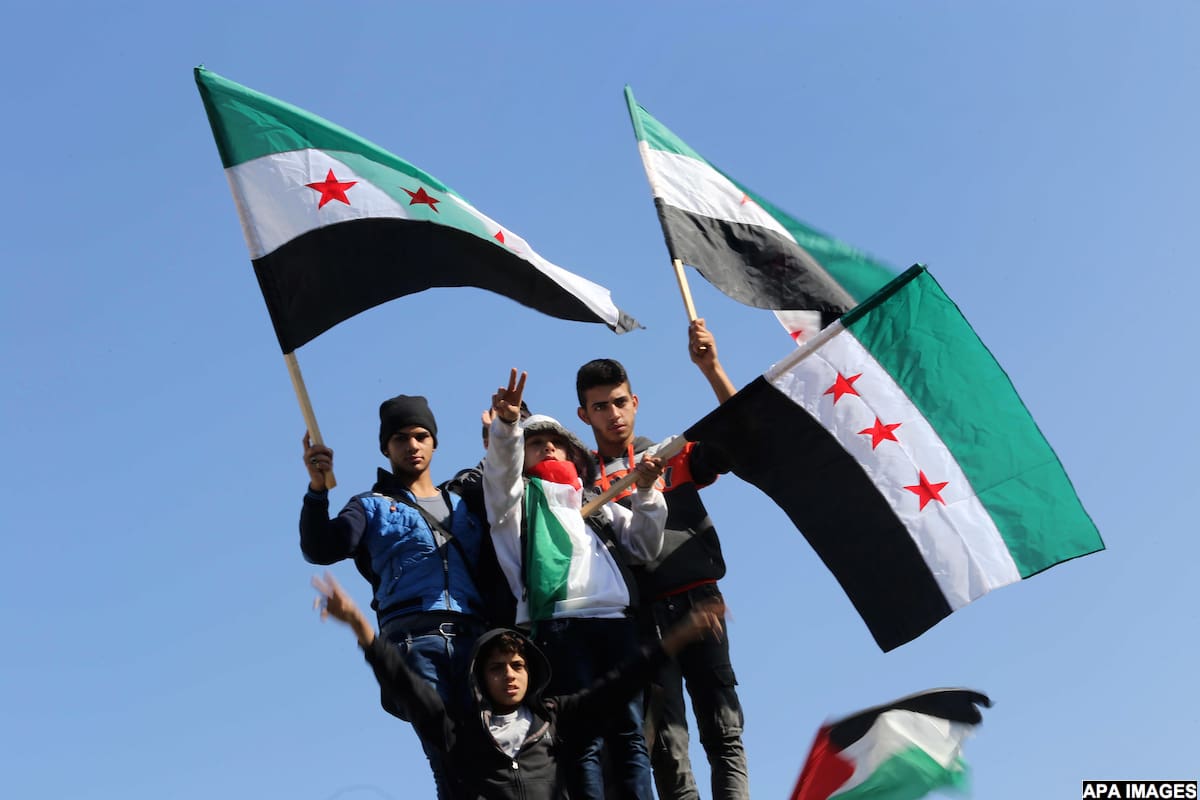
The Palestinians of Syria are forced to maintain political neutrality or support the regime, given their vulnerable position. Al-Shabaka Policy Analyst 24556 unpacks the roots of this predicament, identifies avenues that suggest how to move beyond it, and recommends tactics for Palestinians in Syria and elsewhere to better advocate for human rights and self-determination.






